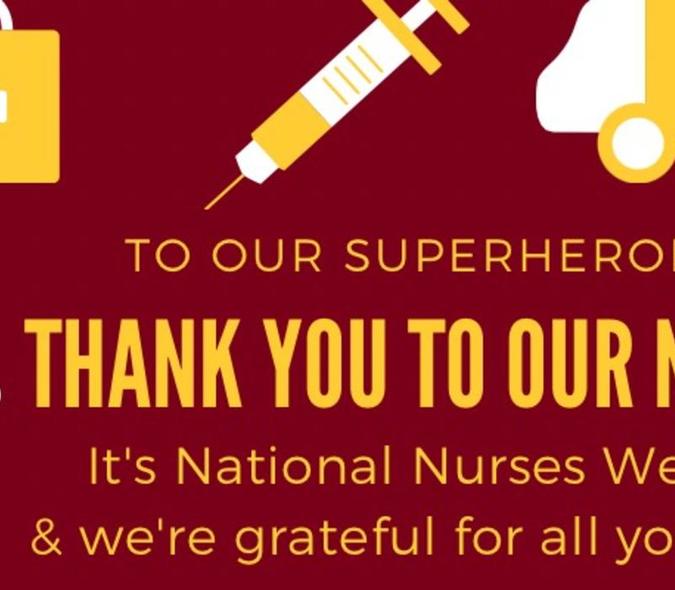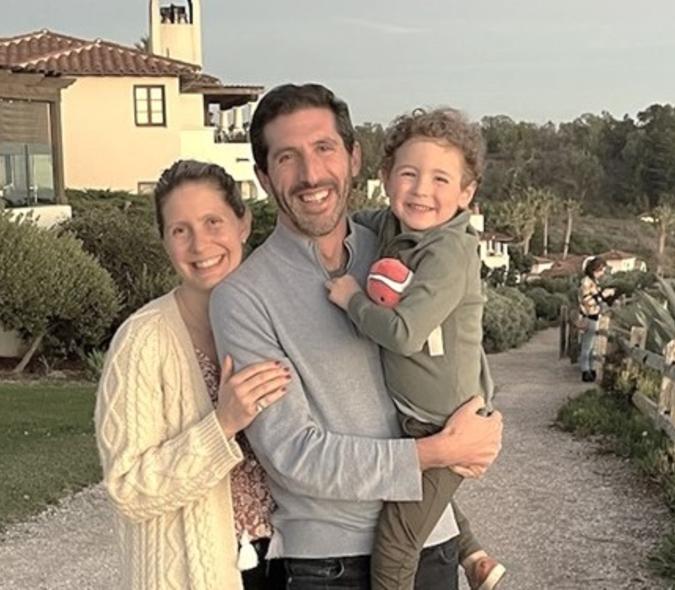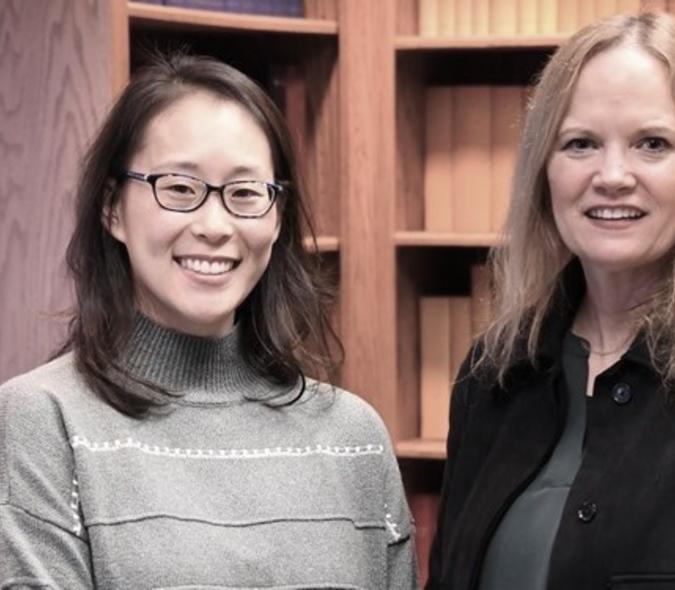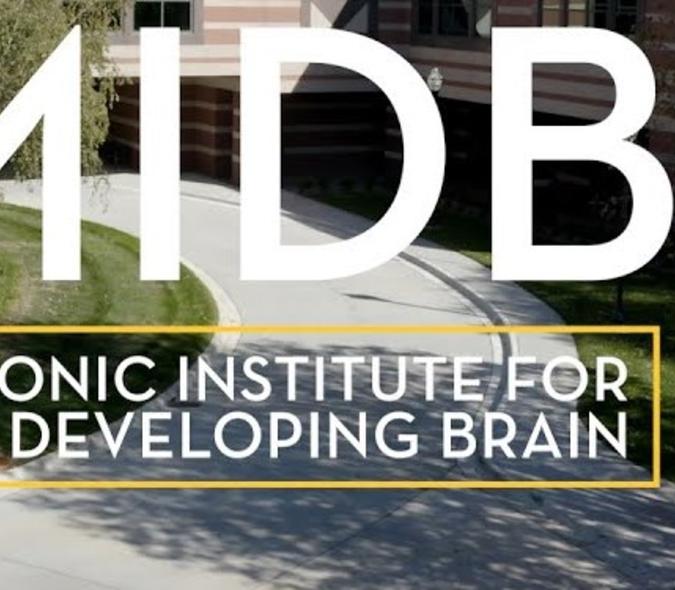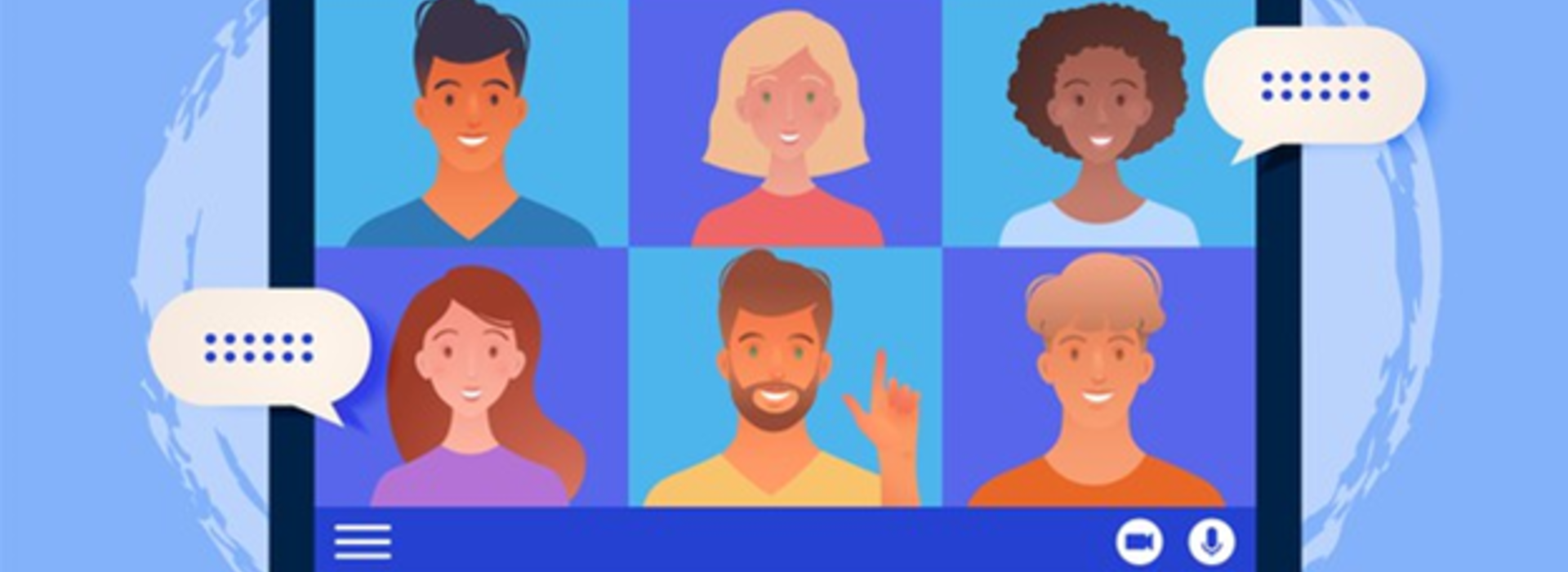
WASABI study is just what teens with social anxiety need right now
Do you have social anxiety?
Are you 14 to 18 years old?
Do you live in Minnesota?
Would you like to help test a new online treatment?
If you answered yes to these questions, you are an ideal candidate for the WASABI (Wiring Adolescents with Social Anxiety via Behavioral Interventions) Study being run by the Department of Psychiatry and Behavioral Sciences. Site Principal Investigator Gail A. Bernstein, MD, noted that the timing for this study is also ideal.
COVID hit hard
“The COVID pandemic has hit teens with social anxiety particularly hard,” she said. “As a result, they’re suffering from the effects of isolation and it’s showing up in increased anxiety and depression symptoms.” The pandemic lockdown created the perfect storm for these kids. “They were given permission to stay home and not engage with their peer groups,” said Dr. Bernstein. “While it was initially a relief, the isolation only added to their social fears. And now they’re struggling with getting back to a ‘normal’ school day. It makes it even more urgent to identify these teens and get them this intervention.”
WASABI is designed with the socially anxious teen in mind. “The required assessments, questionnaires, and interventions are all done remotely,” said Research Coordinator Katie Beard. Participants cannot, however, receive another form of therapy during the study. “It’s okay to be on medication, though,” Dr. Bernstein said.
Assessing new therapy
The study provides 12 weeks of once-a-week online sessions designed to compare two forms of digital cognitive-behavioral group therapy. As part of this study, participants will also be asked to complete activities on a daily or weekly basis, which may include worksheets, self-reports about symptoms, and an experimental software program that may include mobile-based questionnaires, exercises and/or assessments to determine if these improve participants’ social abilities, symptoms, and behaviors. The experimental app was developed by San Francisco-based Posit Science (the study’s National Institute of Mental Health grant recipient and sponsor). “The app might provide additional benefits for socially anxious teens beyond the digital therapy,” noted Dr. Bernstein.
“Our goal is to enroll a total of 32 participants,” said Beard, adding that they are about halfway there. The study team would like to fulfill their enrollment goal by mid-summer 2021.
Improving access
“Access to mental health treatment can often be hard for families with anxious adolescents, when you consider long therapy waitlists, the travel time often required to get to appointments, and the overall cost involved,” Beard added. “This is an opportunity for families to access these types of interventions from home.”
Connect with the WASABI team to learn more about the study. If you have questions for the team, please email wasabi@umn.edu or call 612-326-4228.
